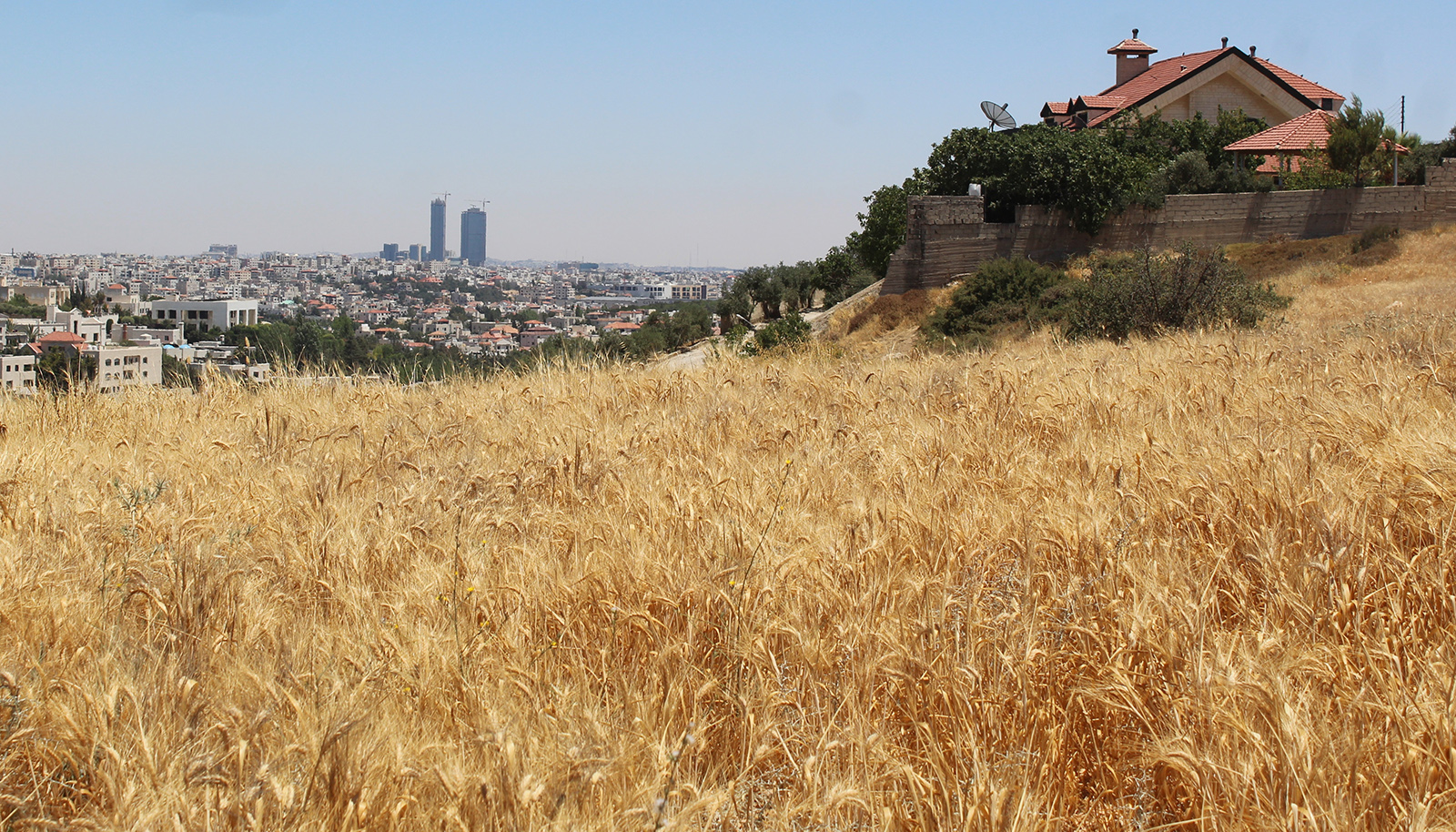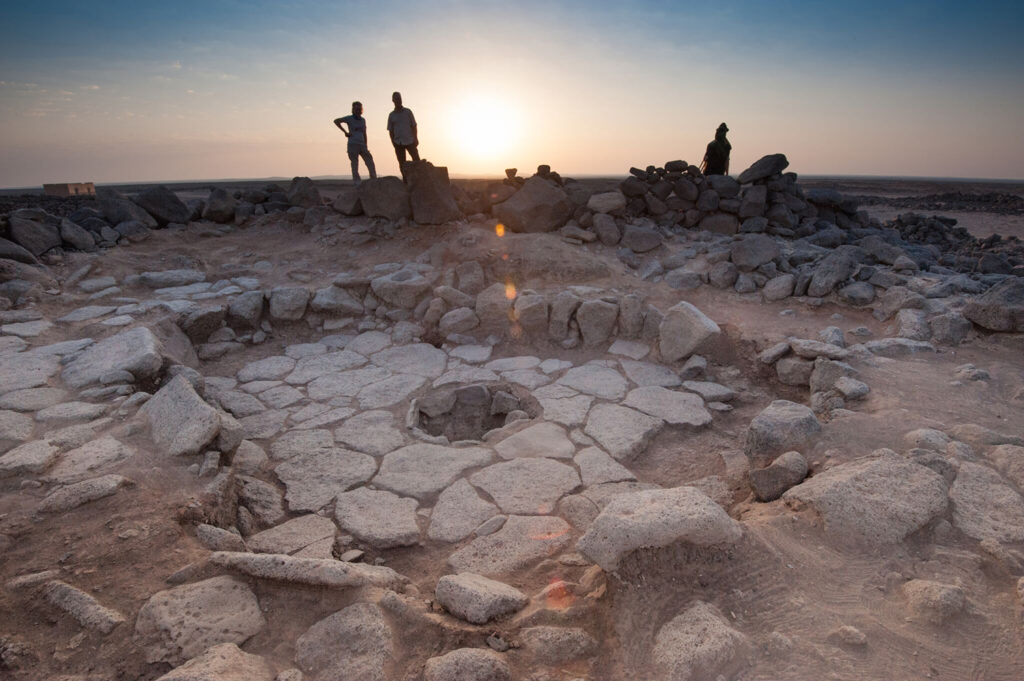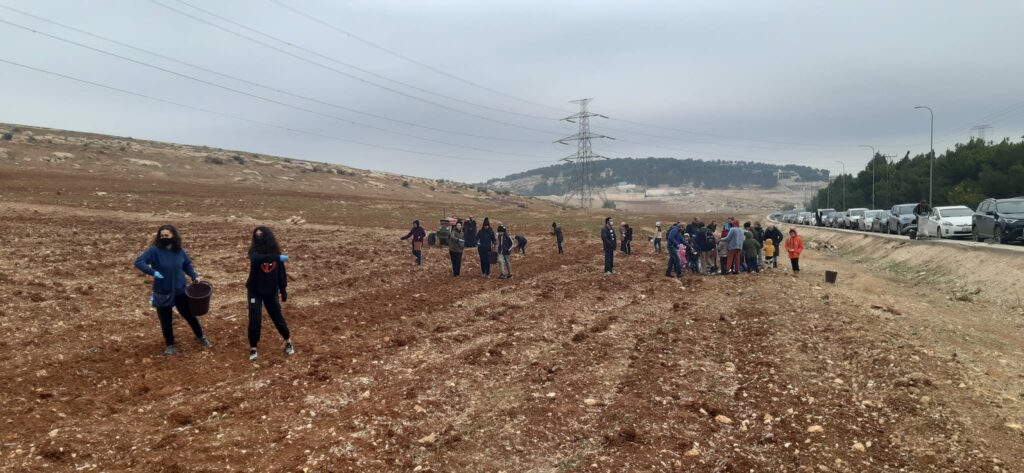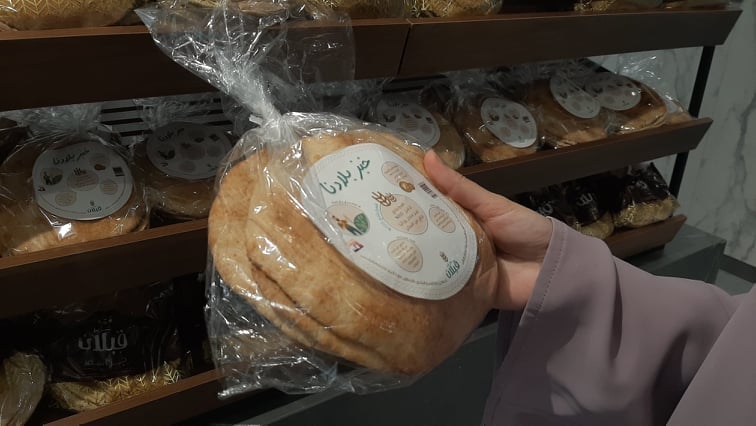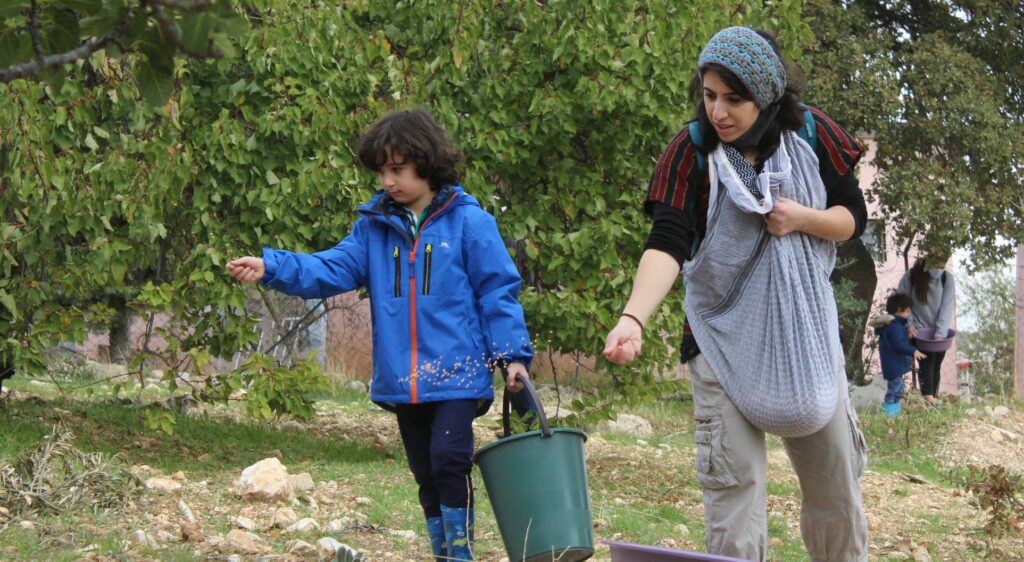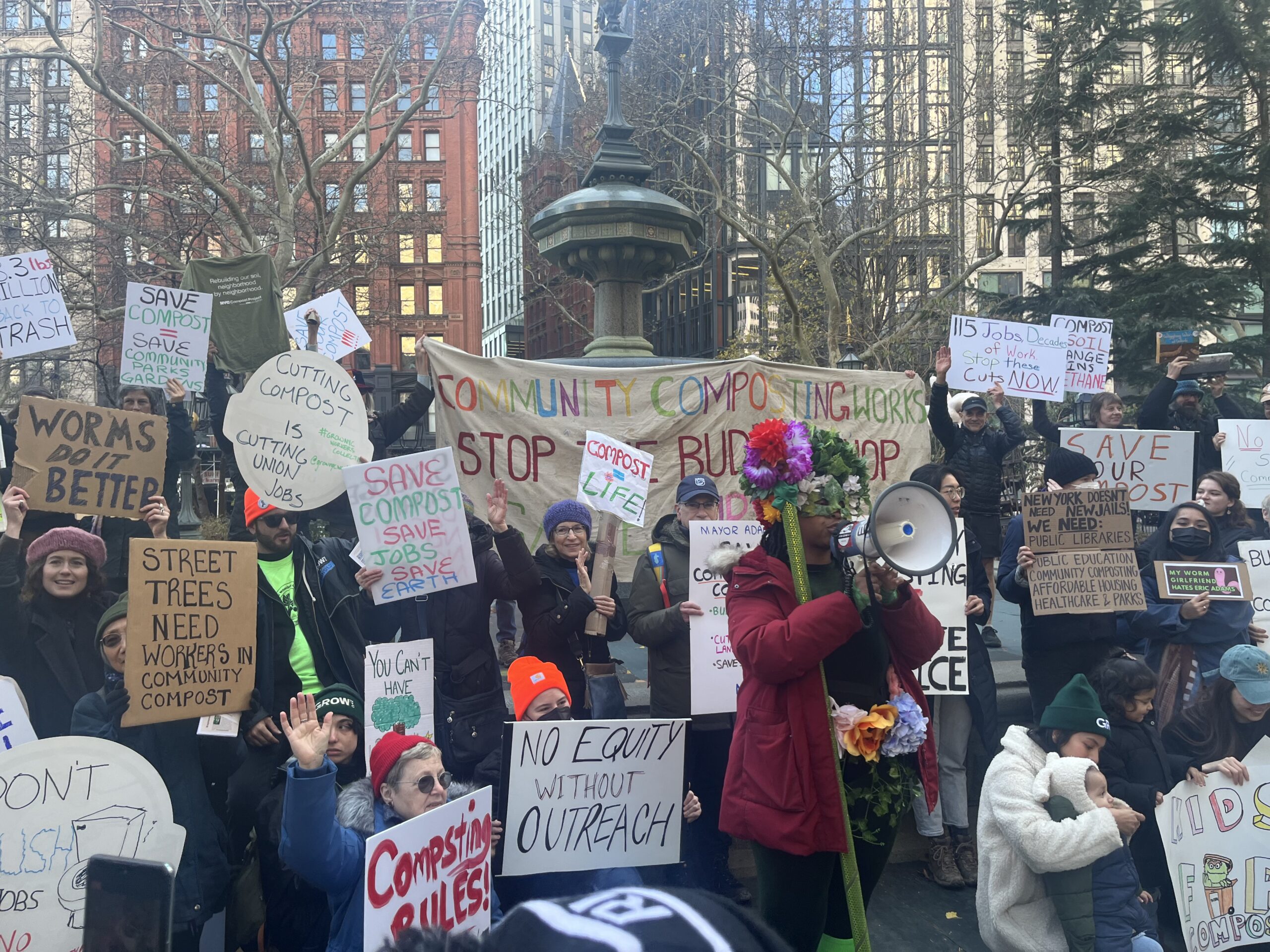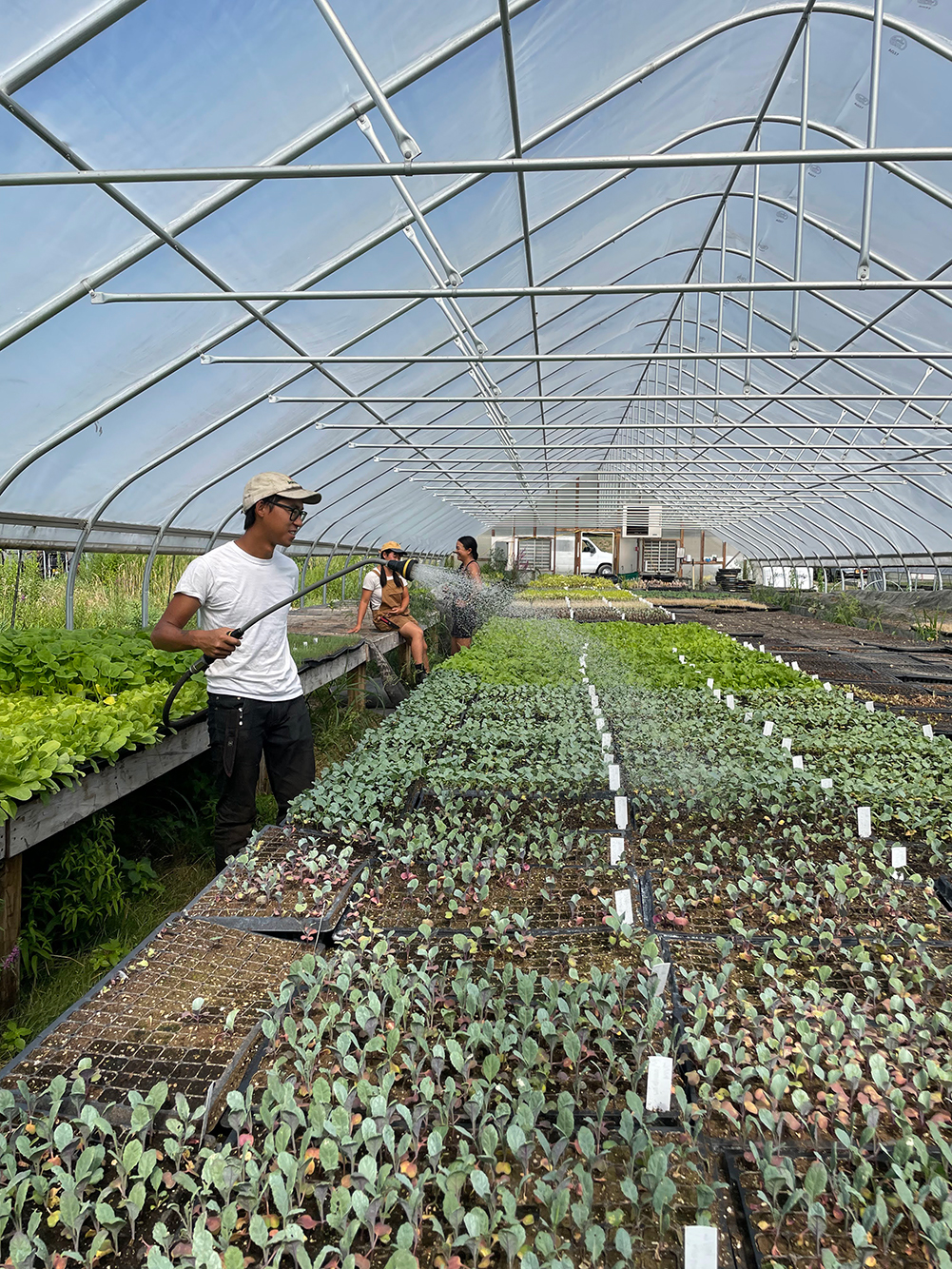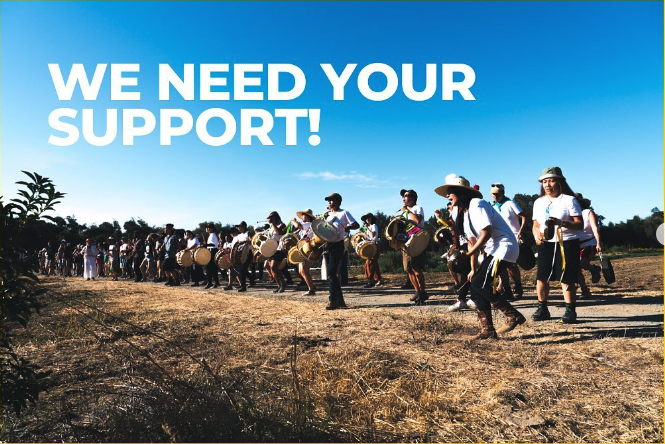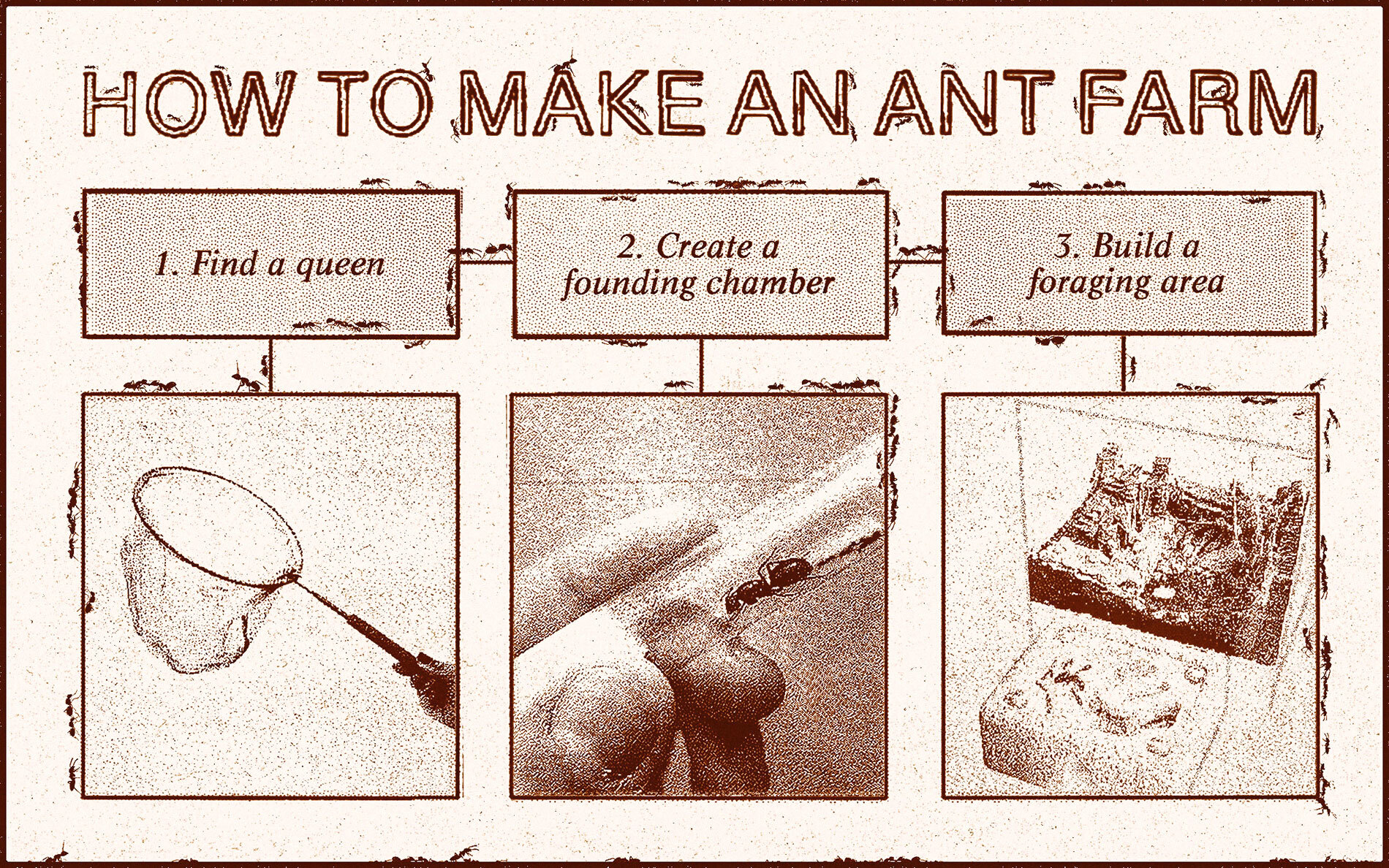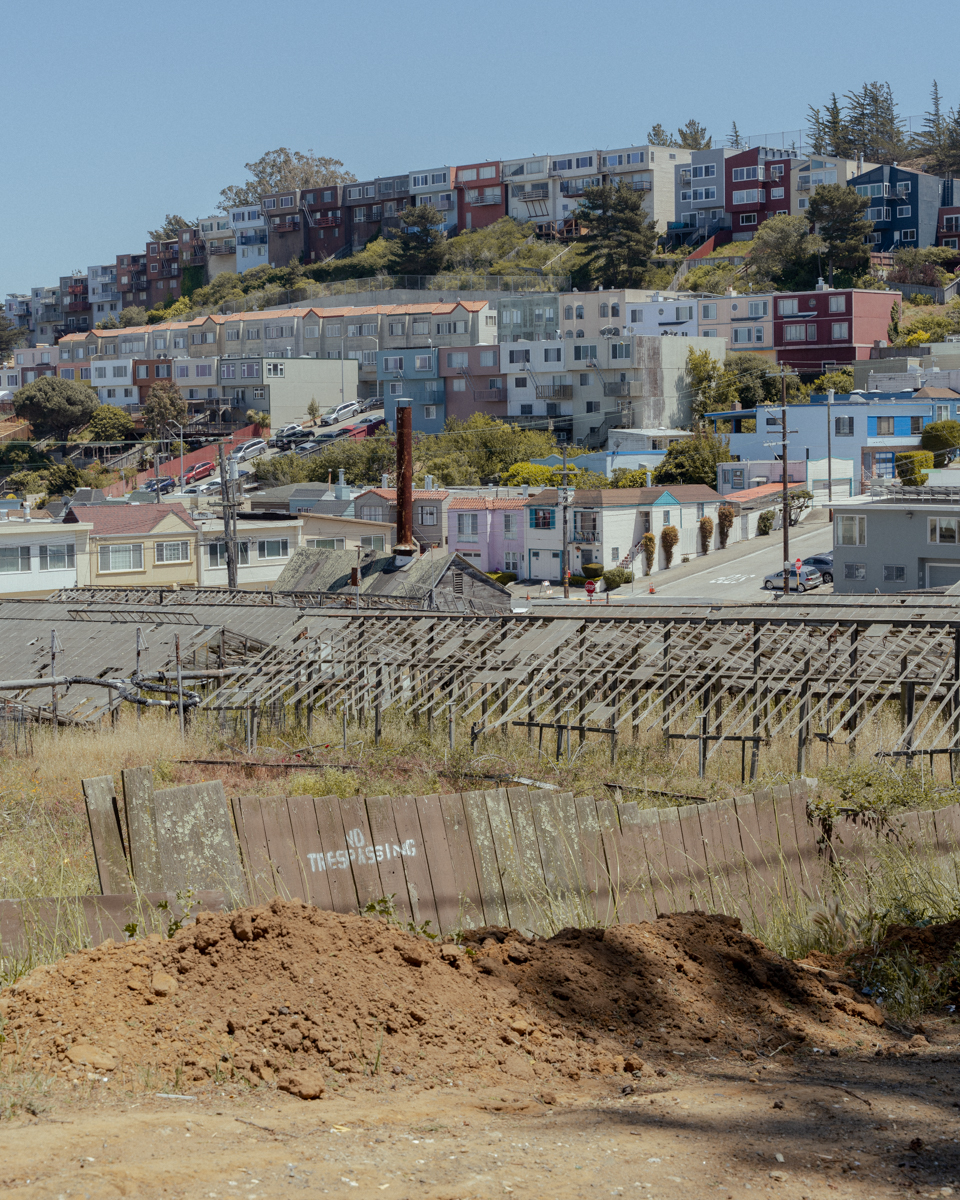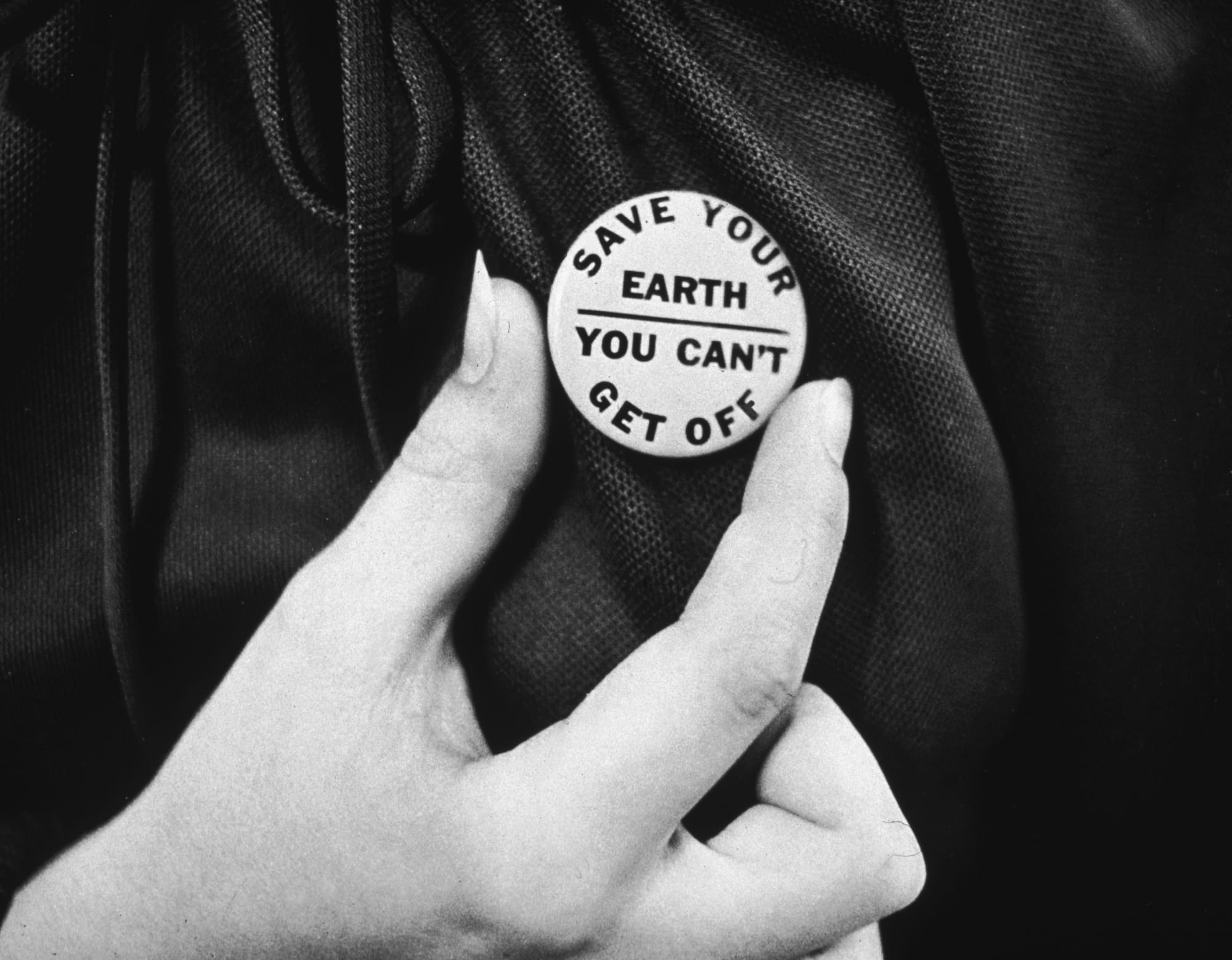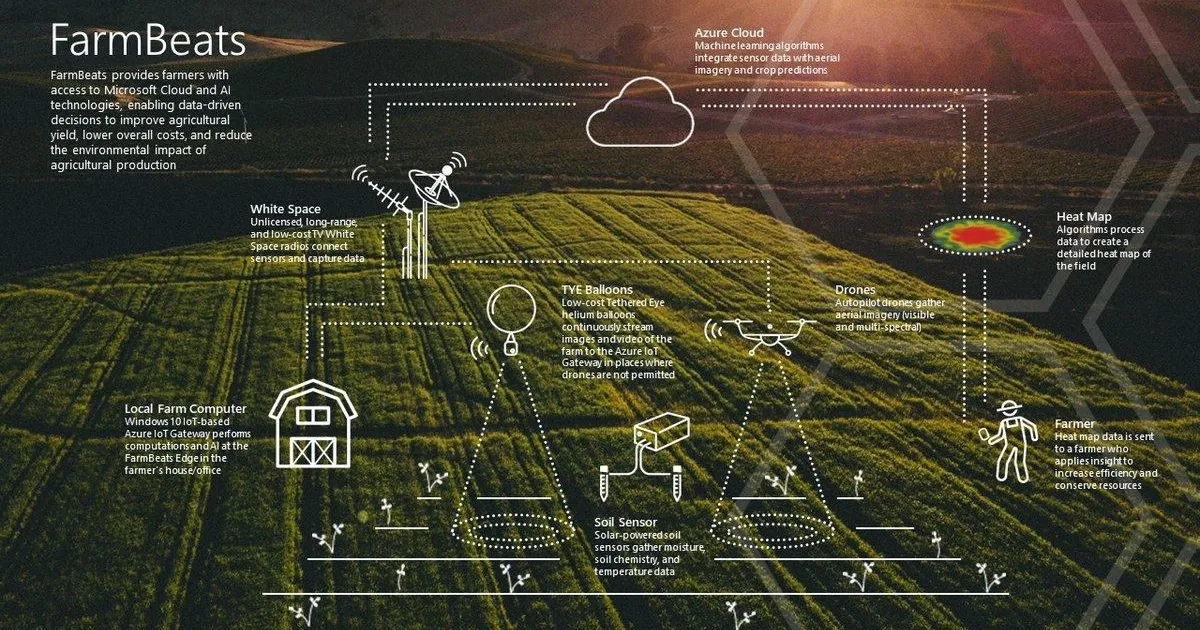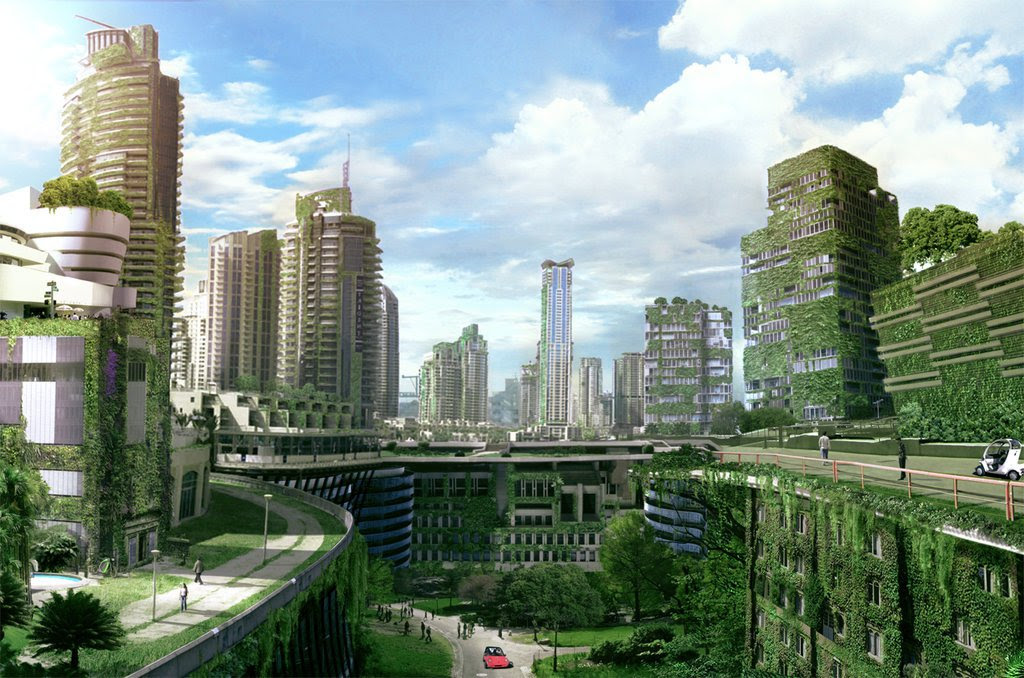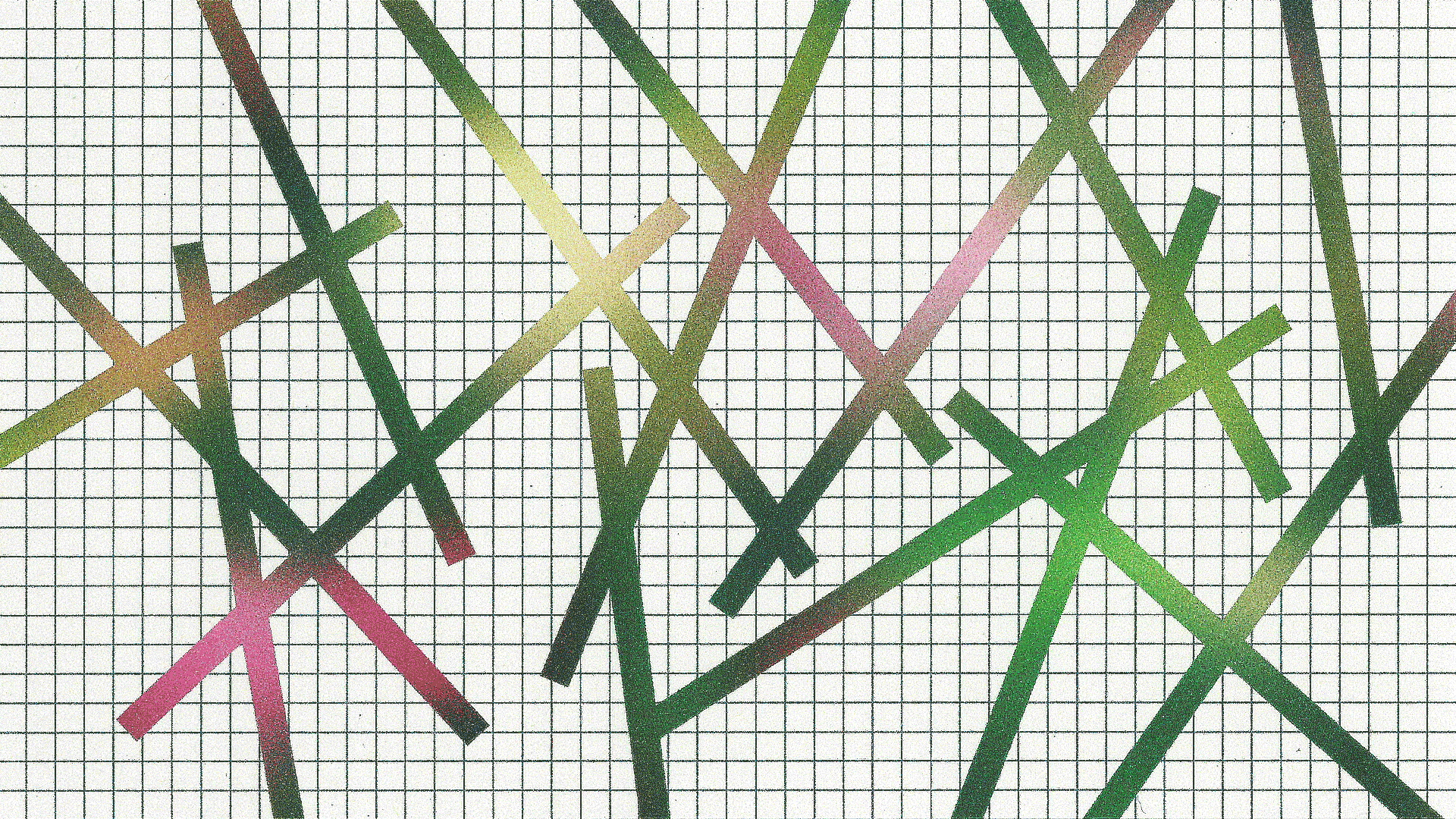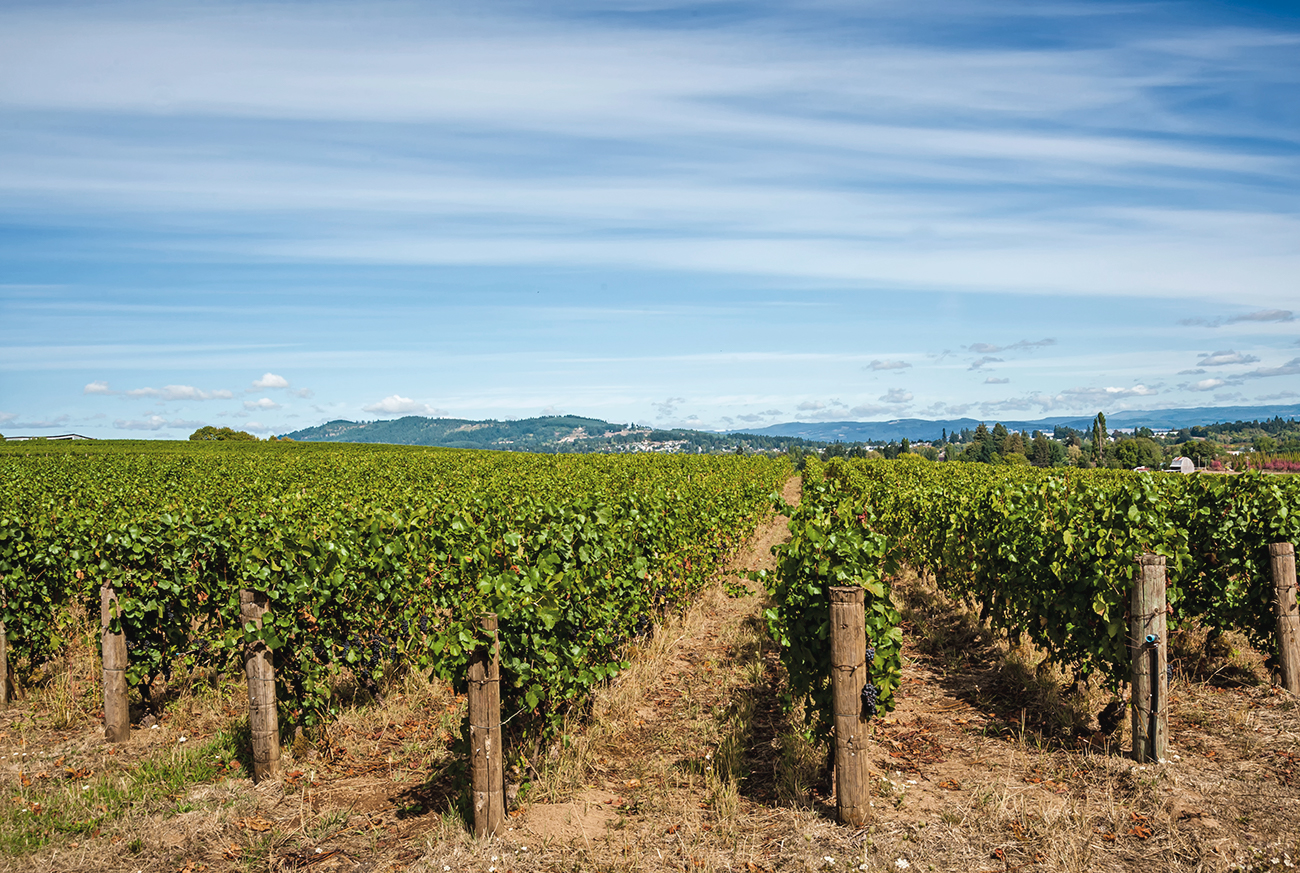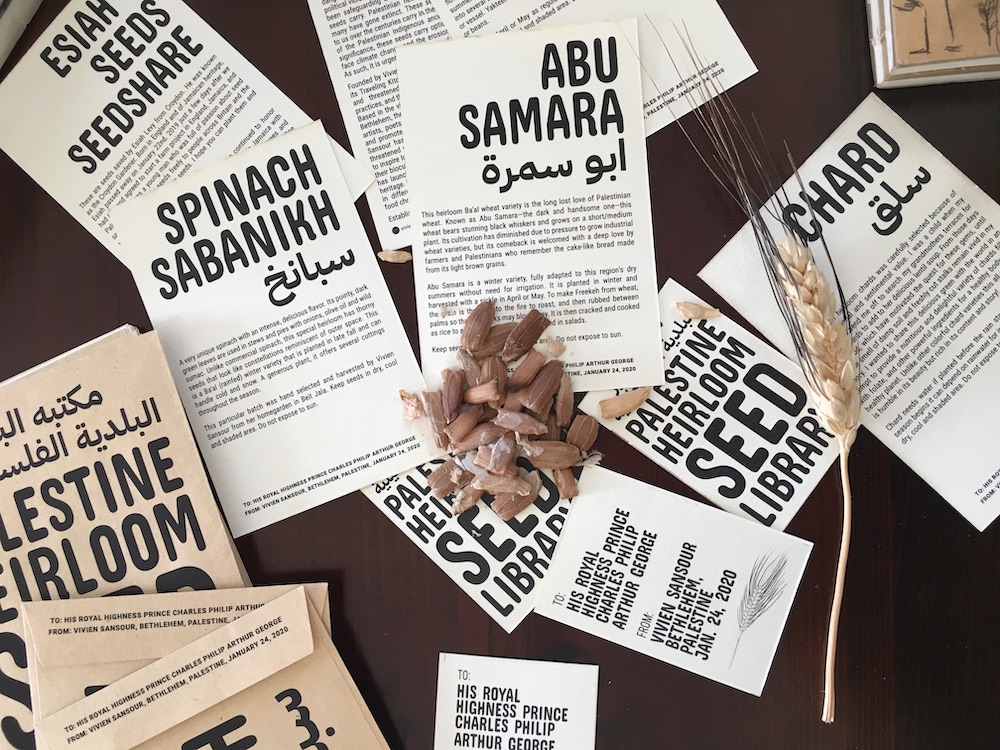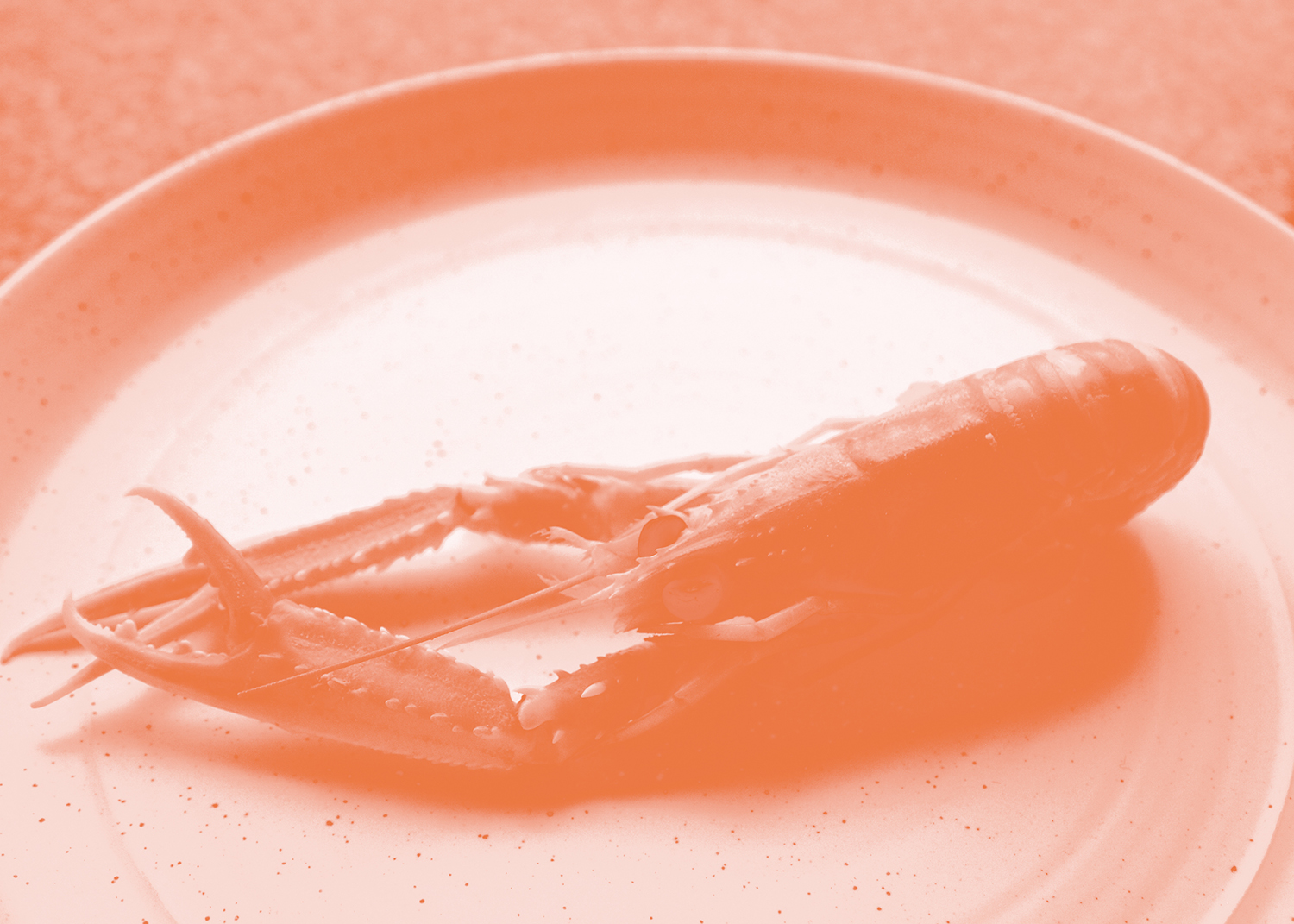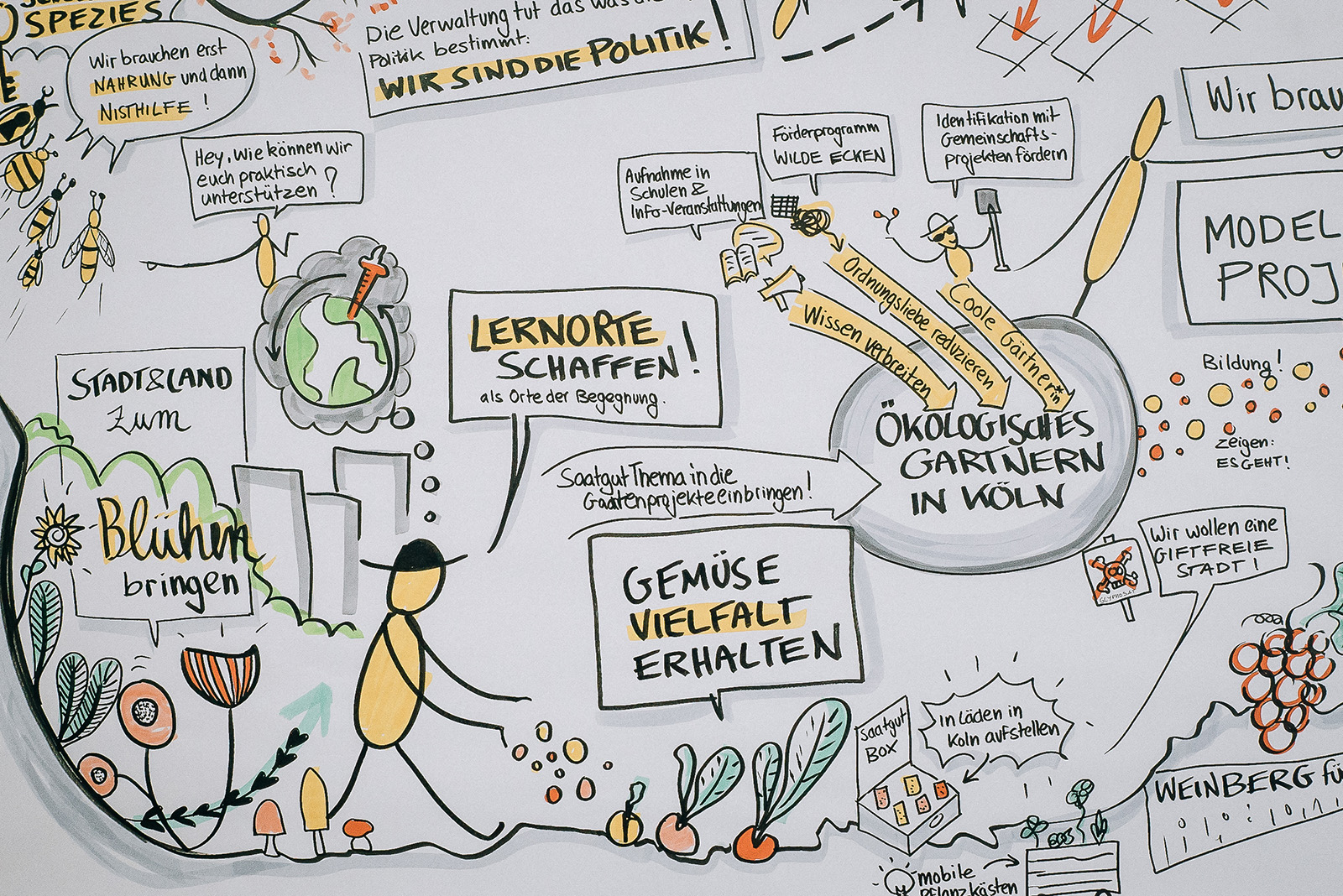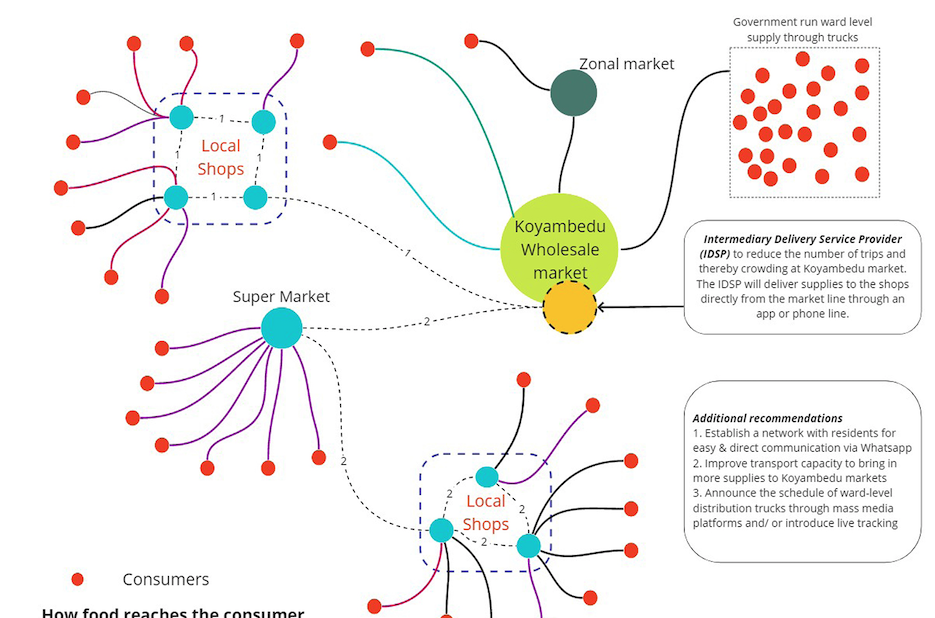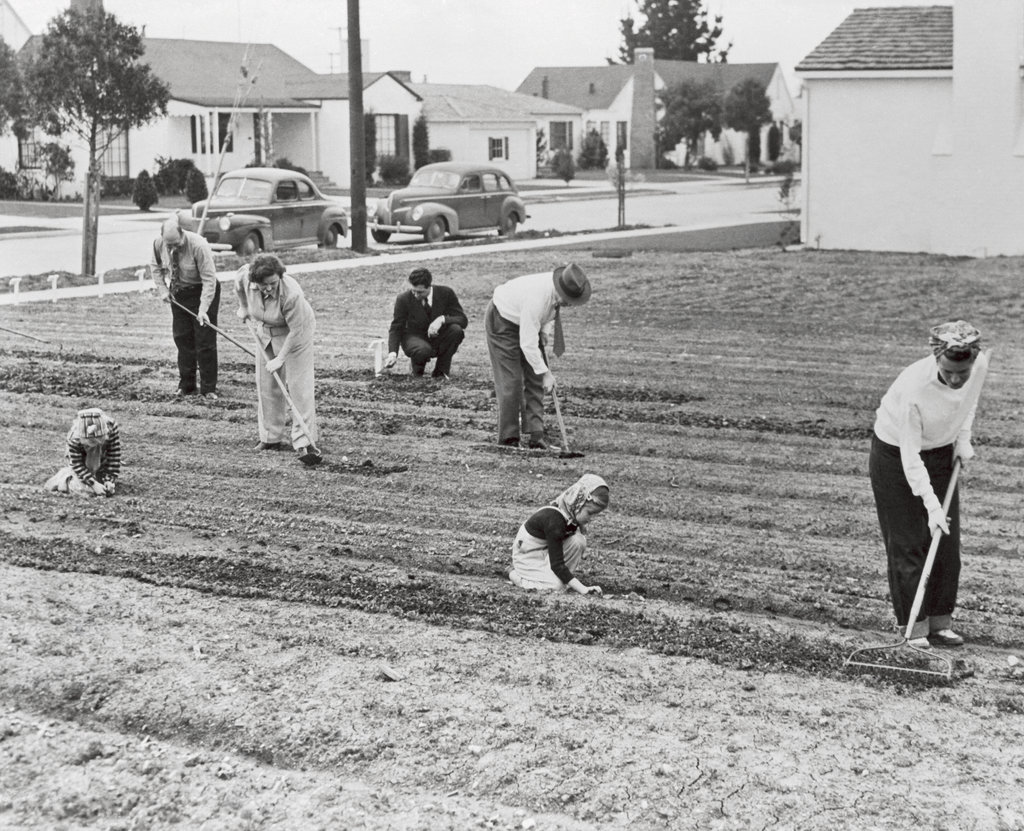From making bread to building bricks, contemporary living is based on transactional systems. Unsustainable agricultural practices, urban expansion and extractive industries focus on transactional exchanges that are driven by short term gains where everything is viewed as a commodity to be bought and sold. Clearly this transactional paradigm is not working—the relational ties that once existed between human and more-than-human entities have broken, causing a devastating impact on the environment and negatively affecting our well being. How in our contemporary world can we shift from systems built on notions of transactions to notions of relation? How can “we behave as if the living world were a gift” even in a market economy where differences are nurtured and relational bonds are restored?1
- Robin Wall Kimmerer, Making: Braiding Sweetgrass: Indigenous Wisdom, Scientific Knowledge and the Teachings of Plants (USA: Milkweed Editions, 2013), 31.
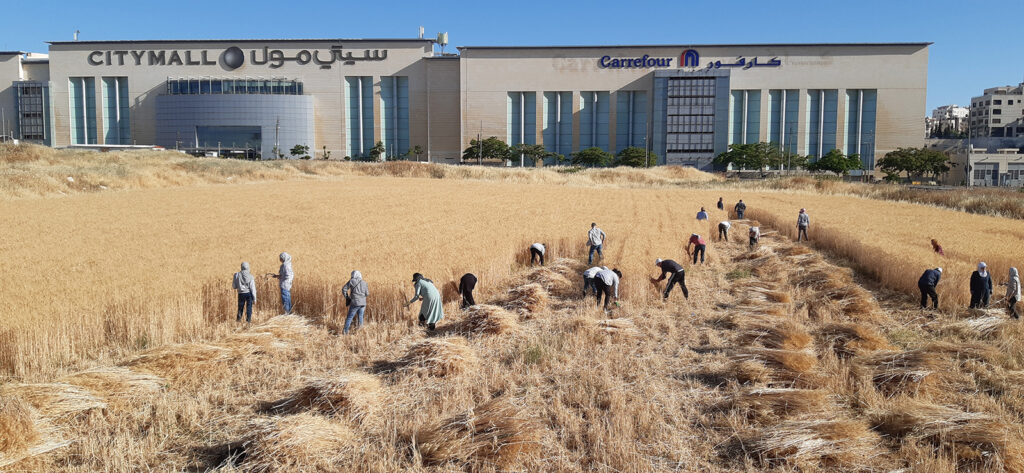
A growing urban collective in Jordan is working tirelessly to reshape people’s relation with their land and food. Zikra for Popular Learning is a collective founded in 2011 by Jordanians Lama Khatieb and Rabee Zureikat. In late 2019, they started the Al-Barakeh Wheat Project to respond to Jordan’s current import dependency of 97 percent of its food grains—including wheat, a key staple in the country. According to Jordan’s ministry of agriculture the country has 52 million dunams (each dunam is about 900 square meters) that are suitable for agriculture—and to meet the national demand, they would need to cultivate an estimated 6 million dunams. Tapping into this potential, the Al-Barakeh project is cultivating native wheat varieties by enriching neglected plots of land in Amman. They have so far cultivated over 70 dunams (17.3 acres) of land in the capital city.
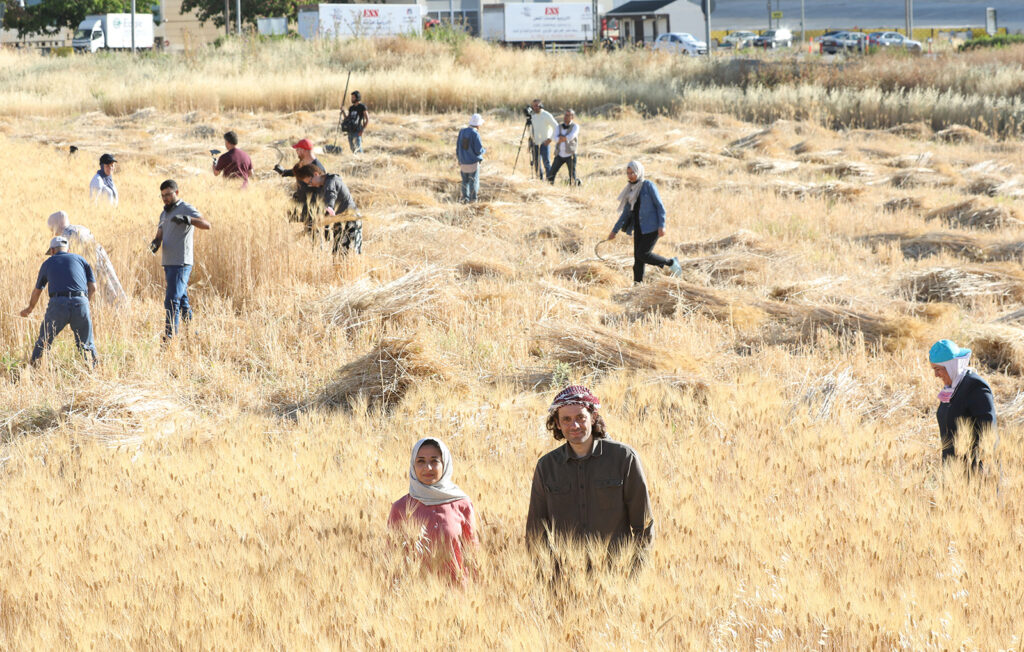
Socio-Historical Place of Bread
For centuries, relationships in Jordan have been built on bread and wheat cultivation. They mark the rhythm and movements of daily life. It binds, nourishes and protects. “Jordanians of a certain age kiss bread that has fallen to the ground and press it to their forehead as if asking for divine forgiveness for being careless with a key life source – a ritual some trace back to the Roman period.”2 Stale bread is not thrown away. Rather, it is respectfully placed in bags and tied to edges of garbage bins, which are collected and reused for various purposes including animal feed.
- 2. Taylor Luck, “Jordanians get a taste of history in their daily bread,” in The Christian Science Monitor (2021), n.p.,
Nestled in the historical Fertile Crescent, Jordan is considered to be the region where wheat was first domesticated. The history of bread goes back centuries, so much so that recent archaeological finds of an ancient Jordanian kitchen question if bread baking came long before the advent of farming. The charred crumbs found in an archaeological site once occupied by the ancient Natufian people in the Black Desert—known as Shubayqa 1—are said to be the remains of the world’s oldest bread baked around 14,000 years ago. The bread was produced using wild cereals such as barley, oats, einkorn, as well as aquatic tubers that “gave it a slightly nutty, butter flavour.”3 The grains were ground into flour using stone tools, mixed with water and cooked on a hearth on a fireplace. The desire to make more of this special food “contributed to the decision to begin to cultivate cereals” in the region. The discovery of apt climatic and soil conditions led the Roman Empire to convert present day Jordan, western Syria, and Lebanon into the bread basket and the area continued to be a key producer of wheat “under the Byzantine, Umayyad’s and the Ottoman.”4
- 3. Lara Gonzalez Carratero, “Recipe for origins of bread discovered in Jordan,” in The Institute of Archaeology (2018), n.p.
Until the 1960’s, the country was 200% self-sufficient in rain-fed whole wheat. “Our relationship to bread was our relationship to the land” says Laila Abdul Majeed, a community engagement specialist who has been involved with the Al-Barakeh project since its conception. It was rooted in reciprocity. “Going back in time, bread was never really a commodity that you could buy, people took bread very personally, bread could be gifted or donated as an offering but never really sold. It was […] the most intimate form of food” says Ruba Asi, an artisan baker and founder of Idaam, a learning center for wild fermentation foods. Bread was more “fulfilling than the most opulent of feasts,” and “every mother’s bread was unique and irreplicable—a representation of her identity as a homemaker. “The idea of ‘buying’ bread or even commercial yeast for that matter is relatively novel,” highlights Asi and this is “indicative of changing societal norms.” The process of making bread is now “institutionalized, outsourced and pushed outside the boundaries of” […] “the domestic realm” thus changing its rhythms and relationship with people of Jordan.
Contemporary Bread Culture
What was once a product of the golden fields, stone mills and a hearth, became a product created from imported wheat. Unfortunately the reciprocal relationship that once existed has now vanished and it has “become one-sided where it is only about consumption,” says Majeed. Jordan has lost most of its wheat cultivation to urban development replacing wheat fields with concrete blocks. Protection of agricultural land became difficult as the decisions of boundaries and expansion of urban areas fell into the hands of the powerful. The wheat plantations decreased to about half in 1975 and has been declining since. As the areas decreased and the land prices went up the farmers sold off lands to developers or switched to viable fruits and vegetables. The farmers were also affected by the disappearance of the local strains of wheat that were resistant to drought and large temperature variations. And with rapid population growth and the demand for wheat rising, reliance on foreign aid and imports of cheap American wheat flooded their markets. This was compounded with international financial institutions (namely the World Bank and IMF) restricting the Jordanian government from subsidizing their own wheat over the decades.
Local Wheat, The Blessing
Loaves of bread made from local wheat cost more than imported-wheat bread, due to lack of local subsidies for this sector. But projects like Al-Barakeh (The Blessing) “aspire to bring local wheat to the fore, […] and restore the “Barakeh” or blessing as a compass for thinking, building and working, to liberate food” says Khatieb. They are reshaping the economic model for local grains by connecting small scale local farmers directly with bakeries and restaurants. Not only do farmers receive better prices through the project, local wheat is grown without using any chemical inputs. They have reignited polyculture where wheat is not grown in the “same piece of land for two years in a row.” Instead, they grow “chickpeas, fava beans or lentils” to reintroduce nitrogen back into the soil. And being completely rain-fed means they don’t need to use fertilizers or chemicals for growth. This makes it a less-toxic choice in comparison to the American wheat that is commonly desiccated with glyphosate-based pesticides to ensure a faster harvesting cycle. This process leaves glyphosate residues in wheat causing grave gluten-sensitivity and Celiac diseases in the region.
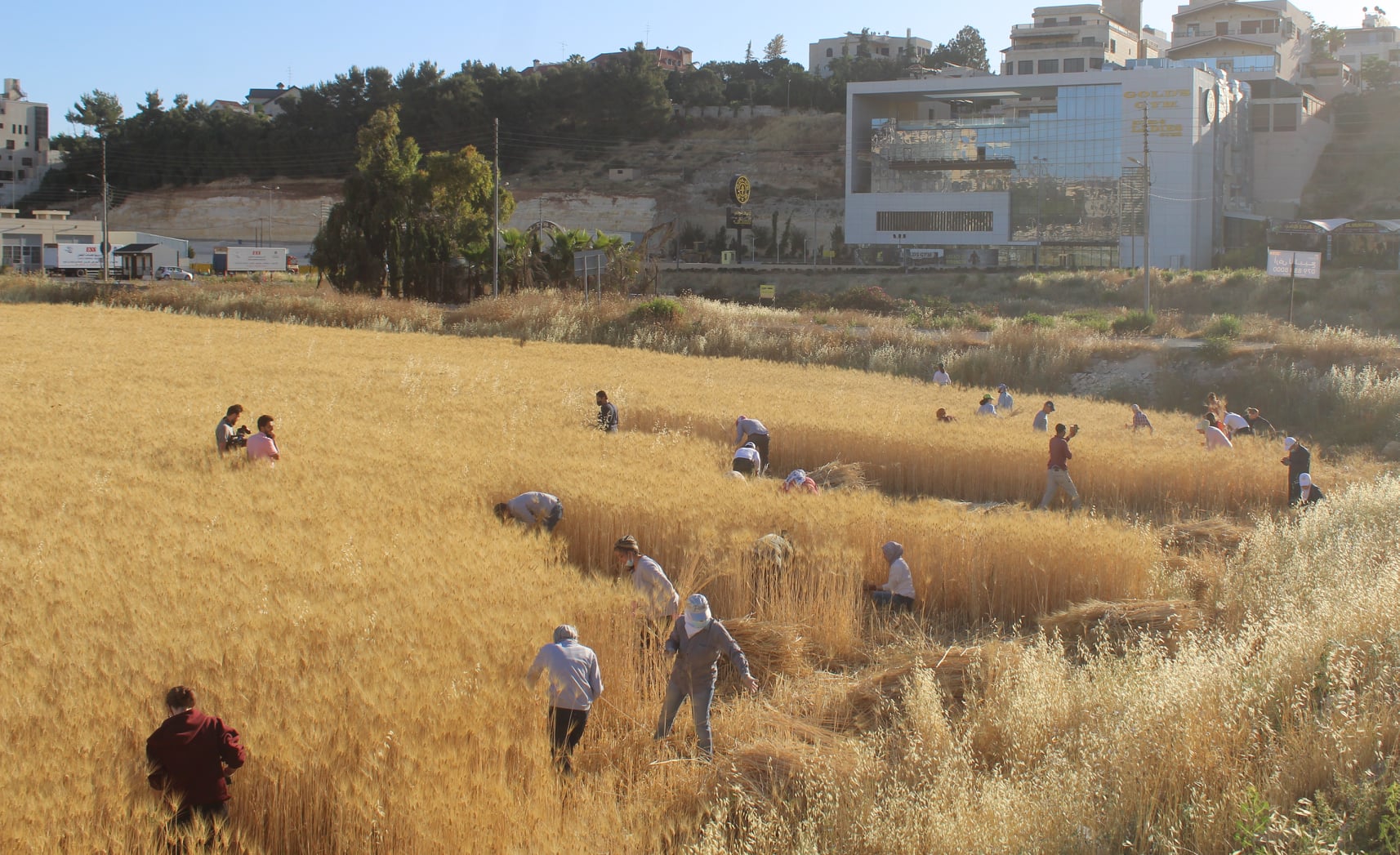

The bread made within the Al-Barakeh network is now made with 100 percent local wheat that was impossible to find before the conception of this project. Before, bakers were “left with very few options to choose from.” They “either found imported low-grade sifted white flour, or expensive imported high-grade organic wholewheat flour. Al-Barakeh filled the void,” says Asi. By supplying her with locally-sourced whole-grain flours at fair prices the project is fulfilling her mission “to return to beginnings” of making bread “and restore a way of life that is in tune with the rhythms of the universe.” She entered the world of making authentic bread when she grew her own wild yeast starter culture called “Rabeaa” back in 2016. Through baking bread she wants to decolonize the foreign “taste […] preferences that have been programmed to find palatable and reconnect them to the flavors of the land.” Bakers like Asi now have access to flours of ancient wheat varieties such Haurani, a strain of wheat that has a “very distinct sweetness and a mellow flavor profile” and has been home to Jordan for over 2000 years since the formation of the bread basket by the Romans. Hard wheat like the Haurani are turned into flour in traditional stone mills as the excessive heat from modern mills “affects the quality of flour and nutrients.” The “cold milling is good for hard wheat” as it “grinds the wheat to a degree not exceeding 40 degrees,” says Khatieb.
Apart from grinding whole wheat into flour it is also used in other forms. Such as bulghor, steamed and sundried whole wheat, freekeh, a dish made with green wheat that is roasted and rubbed, which is known to be “excellent for hard wheat since the outer shell is thicker” and protects the inside from burning. Jareesh, a “coarsely ground wheat”, that has been used as an alternative to white rice before it entered Jordan, and bakeeleh, a traditional soft porridge like dish where roasted ground wheat is mixed with warm water, which is consumed savory or sweet or it can be used as food for children.
While the project is bringing back traditional systems, and reviving reciprocal relationships, the practices and patterns in tune with monotonal practices are not easy to break. “The rivalry between the elastic powers of […] white sifted flour” and the “earth-kissed flavorful mysteries of whole-wheat flour has been challenging” in terms of acceptance from domestic bakers” says Asi. “They were simply expecting the whole-wheat flour to behave in the same way as the” […] white flour. “A culinary reawakening was fundamental. We needed to teach people how to appreciate the unique properties of every kind of whole-grain flour, to fully appreciate its beauty, to use it in recipes that are inspired by its distinct character and not just forcefully impose alien recipes that do not allow its particular qualities to shine through.” The popular Arab proverb “Those who do not know a Falcon will attempt to roast it” holds good here where it is not enough to provide the community with local whole grain wheat and flour but unless they understand the true nature of every grain they will not appreciate, connect and make it a part of their daily diet again.
The initiative has a lot of value, “it’s bringing people from different backgrounds together” vocalizes Zureikat. Like a wave rolling over the surface of the sea, the vision that radiated from the founders collided with other hearts and minds of the region. The project has now grown to include 165 families and three schools to take part in a collective effort of growing and reclaiming local wheat as a key part of Jordan’s food system. These generated further relations where veteran wheat growers shared their knowledge with local families; they learned how to plant, harvest and make their own bread from local wholewheat, reviving a rich tradition of communal farming. “We can easily bring in machines” to make the process quick, “but the communal aspect in this project is powerful. It gives us a chance to connect with the community, we learn how the farmers, harvesters, grinders, bakers and everyone involved work together to bring the bread to our plates” says Majeed.
Majeed declares Al-Barakeh is “more than a project.” She has accommodated five of her students from 11th grade from Ahliyyah and Mutran School in Amman to take part in processes like harvesting wheat, flour grinding, and bread baking. They also have programs for kindergarten children who learn the journey of wheat from the land to bread on their plates. According to her observations, the learning away from the classrooms has brought changes in the way the younger generation understand production and consumption of wheat and bread. “It is also changing the conversations they have with their family and friends which have gone from superficial to meaningful” dialogues around how local wheat can come back to our kitchen, our daily lives.
The Al-Barakeh Wheat Project is restoring bread to its original habitat—the homes of Jordanians. It is bringing back ancient practices and rebuilding relations that nurture differences. It has unearthed the correspondence that was once present in bread making, where openess rather than closeness was the norm whether with people or with land. With this the associated notions of sharing, co-operation and self-sustenance have resurfaced where people are “regaining agency over what they eat.”
If the word bread is derived from the word ‘bhreu’ which means to boil, then to make bread one must intervene in a world that is continually on the boil, like alchemists working in their laboratory. They understand substances by their look and feel, by continually “following what happens to them as they are mixed together, heated or cooled.” The focus is not on the end product but on the endless process of transformation. Similarly in Al-Barakeh Wheat Project, bread making is not so much of imposing form on materials where flour, water, yeast, time and heat are carefully combined. It goes beyond that.
Where people are engaging with locally grown wheat to produce bread is not just aimed at producing something but it is rather a way of being in the world, of participating in the life of a place and of a community, of asserting one’s role in a larger whole. It is a true labor of love. Bread produced and consumed in this way, while being exchanged for money, takes on attributes that might be assigned to a gift. It is a metaphor for life itself. For the power of bread lies in the power of giving back “what we owe to the human and non-human beings with which and with whom we share our world, for our own existence and formation.”
